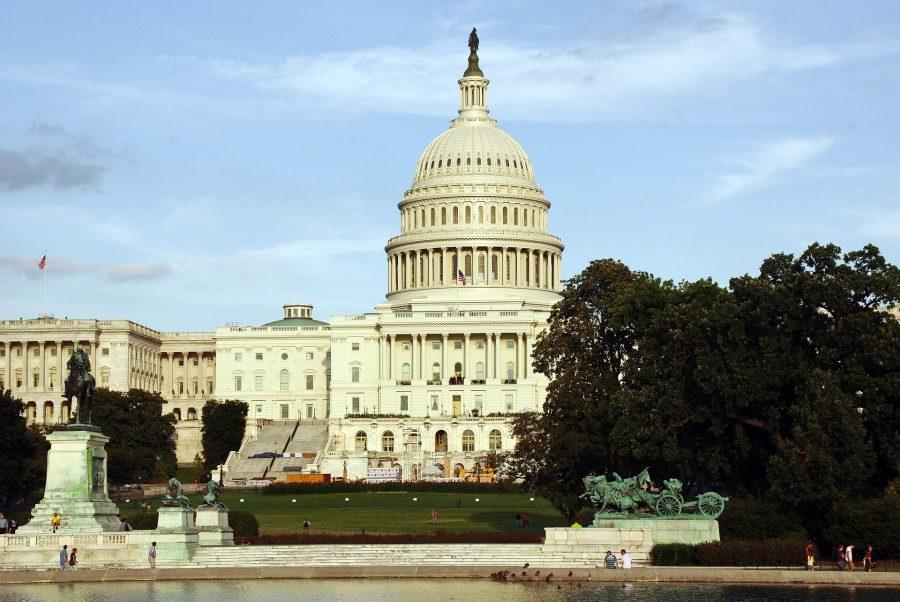Alabama Votes Morals over Partisan Politics
The moral compass seems to have been thrown out the window.
In this difficult political and social climate, it’s easy to feel as if all sense of what is moral and what is not has gone out the door. Tuesday’s special election in Alabama to fill Jeff Sessions’ vacated seat in the Senate is a typical example.
Not only did party ideologies lie on the ballot, but morals lied on the ballot as well. During the Republican Primary, Roy Moore beat out temporary seat holder and Trump backed candidate, Luther Strange, to move onto the primary.
Moore’s victory left the Republican establishment in an odd position: would they support a man who has been accused of sexually assaulting teenage girls and refusing to follow court rules while sitting as a judge or would they stick to party lines and back him for the assurance of a Senate majority?
President Trump took to the campaign trail backing Moore and did so with the divided support of the GOP Senators leading to a split in the party. Alabamians would have to make a tough choice between Republican Roy Moore and Democrat Doug Jones.
The fear by many conscious citizens was that Moore, regardless of his controversial past actions, would be elected purely based on partisan politics to ensure a Republican majority in the Senate. As the allegations began to stack onto Moore’s shoulders, the question on the ballot became not which candidate do people want in the Senate, but rather, whether moral values outweigh partisan politics.
In red state Alabama (Trump won by an astounding, yet unsurprising, 28 points last November), it seemed quite improbable that a Democrat could find his way into the seat. This race, however, challenged the political norms in the state, with a Democrat pitted against a Republican candidate seen by many as the worst of the worst, the race was up for grabs.
Alabama voters drew the line on Tuesday and elected its first Democrat to the Senate in nearly two decades in a close race (1.5 point margin).
This victory would not have been possible without the votes of worried Republicans who found the prospect of Moore being elected to the Senate troubling. The media viewed this race as yet another rejection of Trump; however, I prefer to view it as Alabama proving that the moral compass still exists in this country and a line needed to be drawn on who could be elected to public office.
Once Mr. Jones is sworn in next month, the GOP will hold a slim 49-51 margin in the Senate with the prospect of a blue transition in 2018 seeming more and more likely. The message sent by Alabama voters was strong, never should partisan politics allow the election of an immoral candidate, a message that I can only hope is carried into 2018 and beyond.

Adam Grimes '19 is excited to be entering his second year writing for the Banner. He writes primarily for the News and Opinion sections. Outside of school,...


